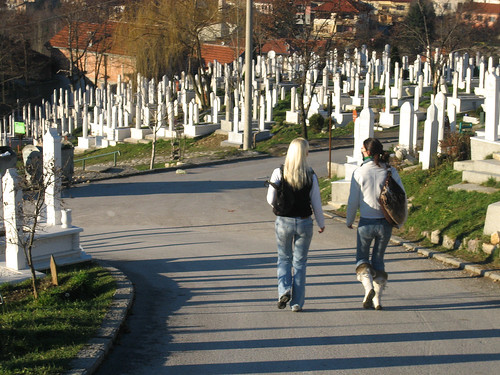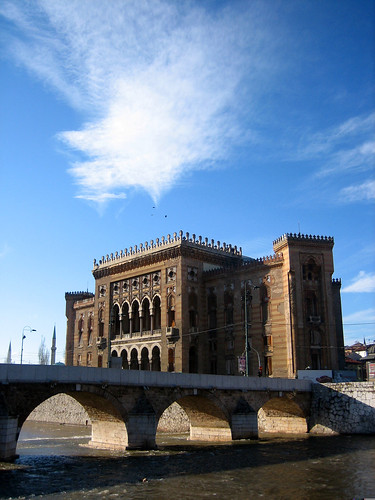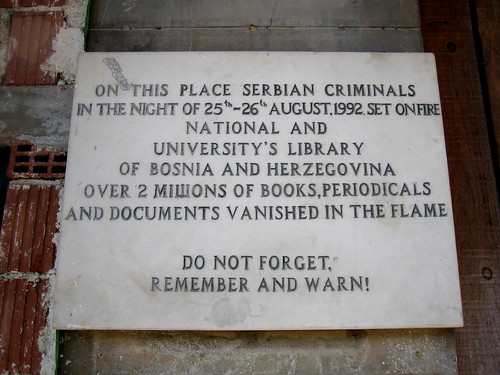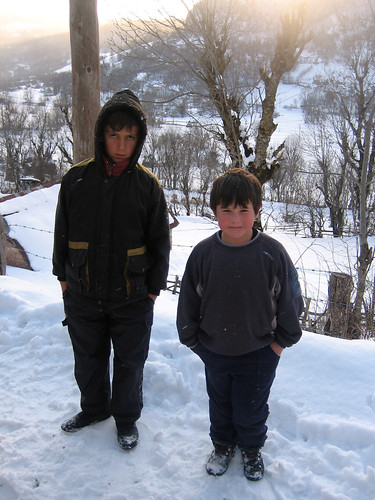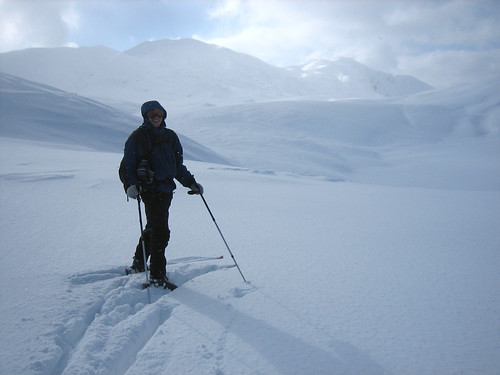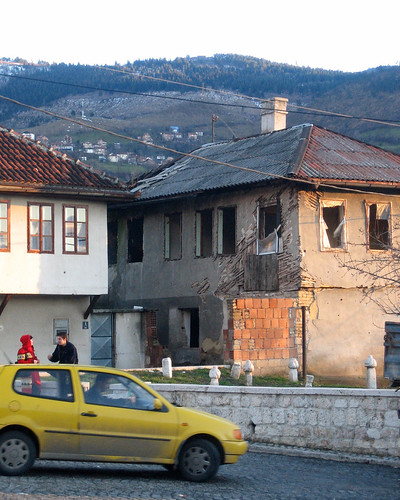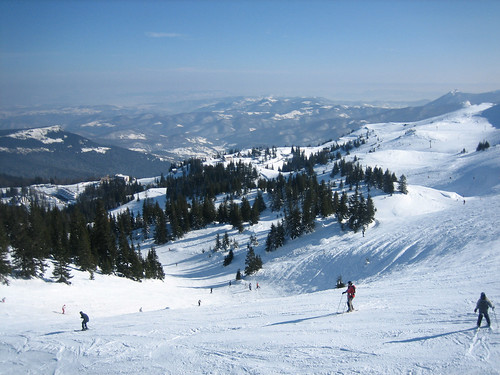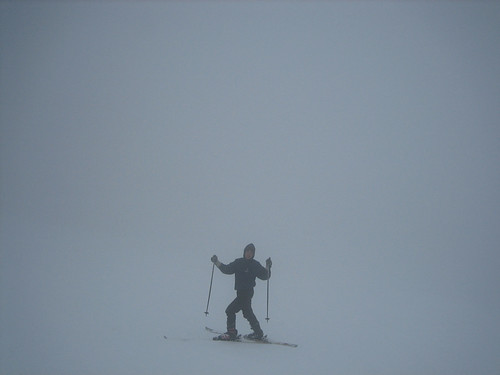Sarajevo 1984 to Torino 2006
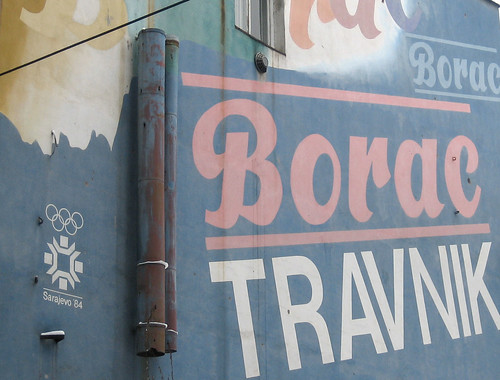
On Sunday I watched the hockey final with Dzida and Adnan, who were supportive enough to cheer with me for my mother's homeland, Finland, against their arch-enemy Sweden. "Damn these slippery Swedes," Dzida said as the Finns went down a goal, "If we had Bosnian hockey team, we would beat the shit out of them, shoot them and then sleep with their wives." Bosnians have a wonderfully crude, self-deprecating sense of humour.
Bosnia has never won a medal (keep in mind that as a nation they have only competed since 1994), but the boys were jokingly hopeful. "I don't understand, we should win this skiing and shooting sport, biathlon. It's two things we're very good at," Adnan said. "Yes, we train very well with the shooting. We use moving targets!" Dzida quipped. We went on like this for a while, beside ourselves with laughter at imagining Bosnians brutalizing the Olympics.
But after Finland lost and I was feeling grumpy, the discussion turned serious. That's when Dzida told me about the feeling of watching the opening ceremony of the 1994 Lillehammer games, when Bosnia and Herzegovina participated as a nation for the very first time. I imagine that, like Dzida, all Bosnians watched with mixed pride and sadness. He was in Germany at the time, having fled the war with his mother while his father stayed on to fight. In his opening speech, IOC Chairman Juan Antonio Samaranch mentioned Sarajevo:
Ten years ago, we were in Sarajevo for the Olympic Games. A city then dedicated to sport, understanding, friendship and peace. Sarajevo, whose people for over two years have suffered so much. I invite everyone, not only all of you here in the stadium, but everywhere around the world, maybe even in your own homes, to stand up for a moment’s silence in memory of Sarajevo.
Thank you. Our message is stronger than ever. Please stop the fighting. Stop the killing. Drop your guns.
And every once and a while you will glimpse a faded Olympic logo like the one above, and you can't help but think that there is no veneer of tolerance that cannot be utterly shattered with only a few years of focused fear and propaganda.

